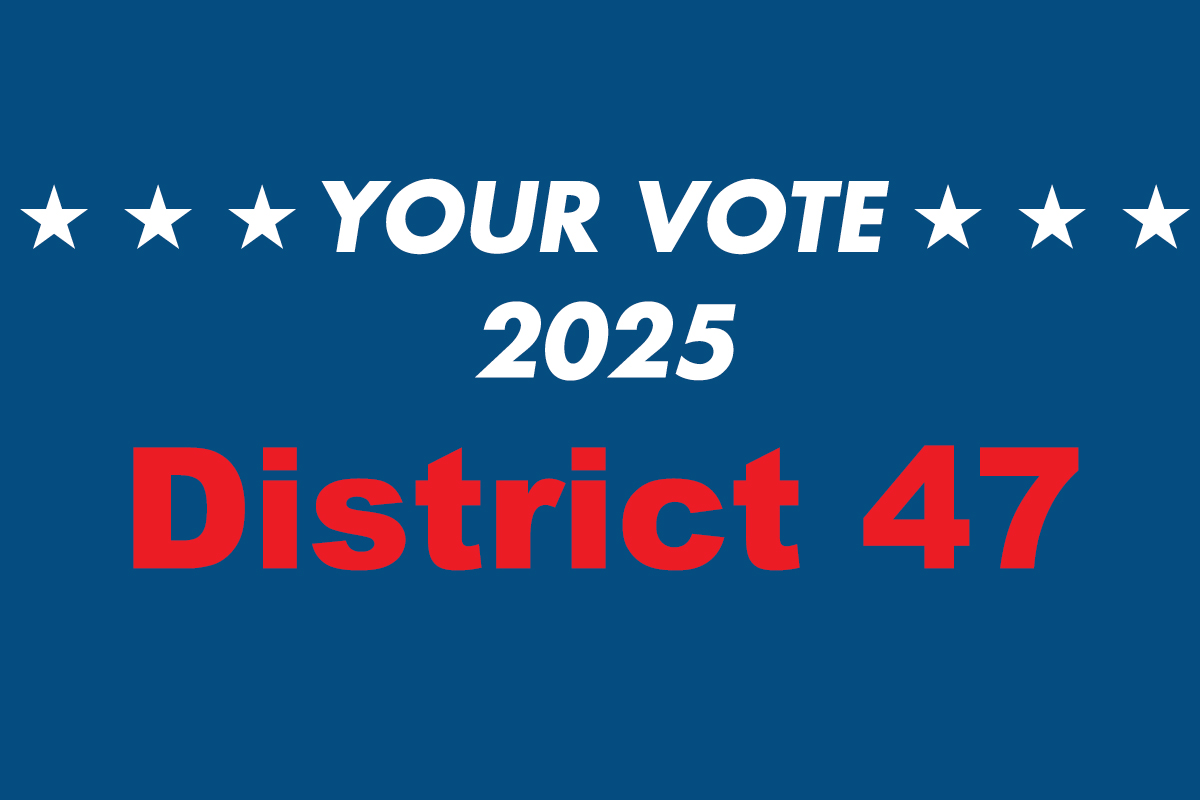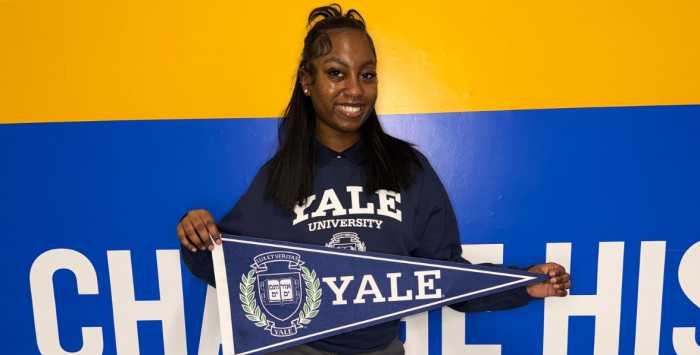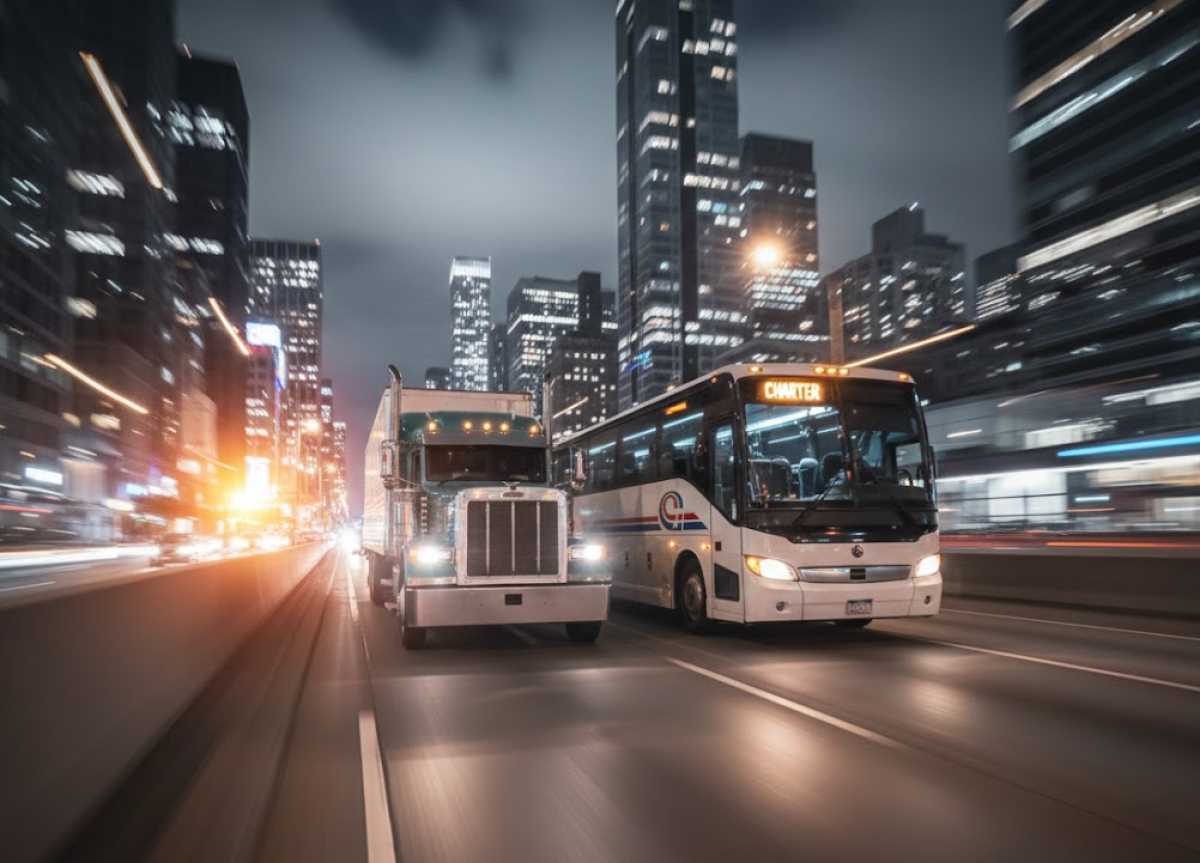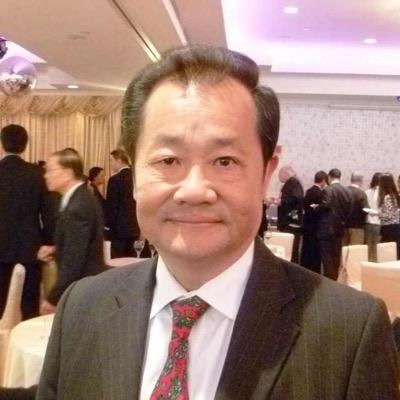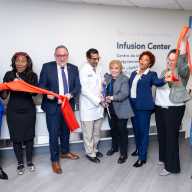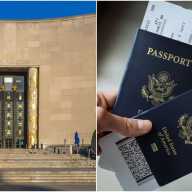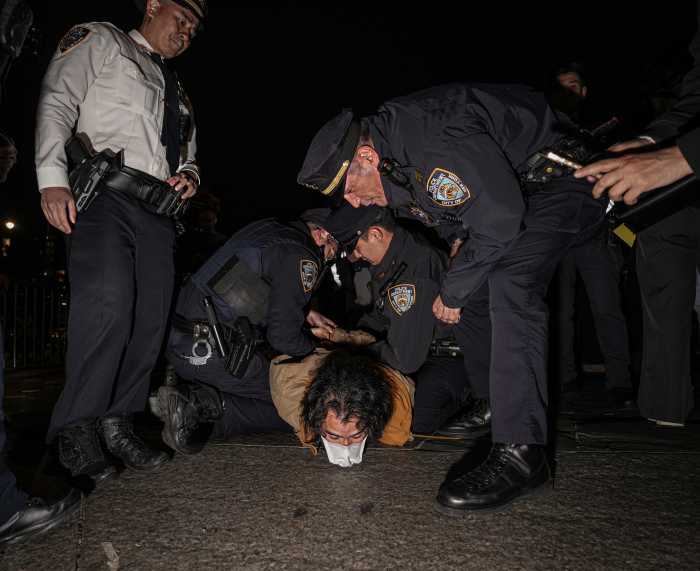Sponsored by AARP
Brooklyn Paper recently interviewed District 47 city council candidates, George Sarantopoulos and Kayla Santosuosso, to hear their thoughts on digital connectivity.
Q: Access to high-speed internet is increasingly necessary for telehealth, online social connections, and accessing essential services. However, approximately 27% of New York City households (around 730,000 homes) lacked a broadband internet subscription as of December 2024. What will you do to expand affordable high-speed internet access for older New Yorkers?
Santosuosso: Accessing the internet is not a luxury in the 21st century, and high speed internet ought to be thought of as an essential utility like water or gas. It is unconscionable that seniors and school-age kids stand outside of private businesses across our city simply to access the internet, and we must do better. While it seems likely that federal funding for broadband expansion will be unreliable for at least the next four years, there is plenty in our control that can help alleviate this problem. First and foremost, we should protect our libraries and make sure they are fully funded to operate for as many hours as possible so that seniors have them as a resource to get online. Beyond that we should work toward creating programs that can subsidize internet costs for vulnerable populations the same way that we subsidize heat and other critical utilities.
Sarantopoulos: I will support targeted discounts for underserved communities and seniors by working with internet providers to deliver affordable plans through senior centers and local housing programs. Instead of wasting millions on failed ineffective city run tech projects, I will make sure taxpayer dollars go where they actually help, getting seniors and families connected safely, affordably, and without government waste.
Q: What policies or programs are in place or being developed to improve digital access and literacy among older residents, ensuring they can stay connected and access essential services online?
Santosuosso: There is no solution to this problem that does not involve keeping our libraries open and accessible. This includes funding for community outreach so that seniors know that they have access to classes that can expand their digital literacy.
Sarantopoulos: A lot of our seniors feel left behind in this digital world, and we can fix that. I want to work with our libraries, senior centers, and local nonprofits to teach real digital skills, not just “click here” workshops, but step-by-step help that builds confidence. So our seniors can spot scams, use telehealth, and stay connected with their families and friends. No one should feel shut out just because technology moved too fast.
Q: What steps are being taken to ensure that city services, healthcare, and social programs are accessible to seniors through digital platforms, especially for those with limited technology experience?
Santosuosso: The only way we can determine whether or not programs and services are accessible to seniors online is through direct outreach with seniors themselves. We need to hear from seniors directly on how the programs we offer are reaching them, or how they are failing too. We need to keep seniors’ needs at the front of our minds when we think about things like digital literacy classes; are we training seniors on how to access what they really need online, what we think they need?
Sarantopoulos: I’d like to create a 311 style number or online hub geared specifically toward seniors, a single, easy-to-remember place they can contact for help. Whether it’s learning to use telehealth, reporting scams, or finding out what city social services they qualify for, they shouldn’t have to bounce from agency to agency. One call should connect them to someone who can actually help.


